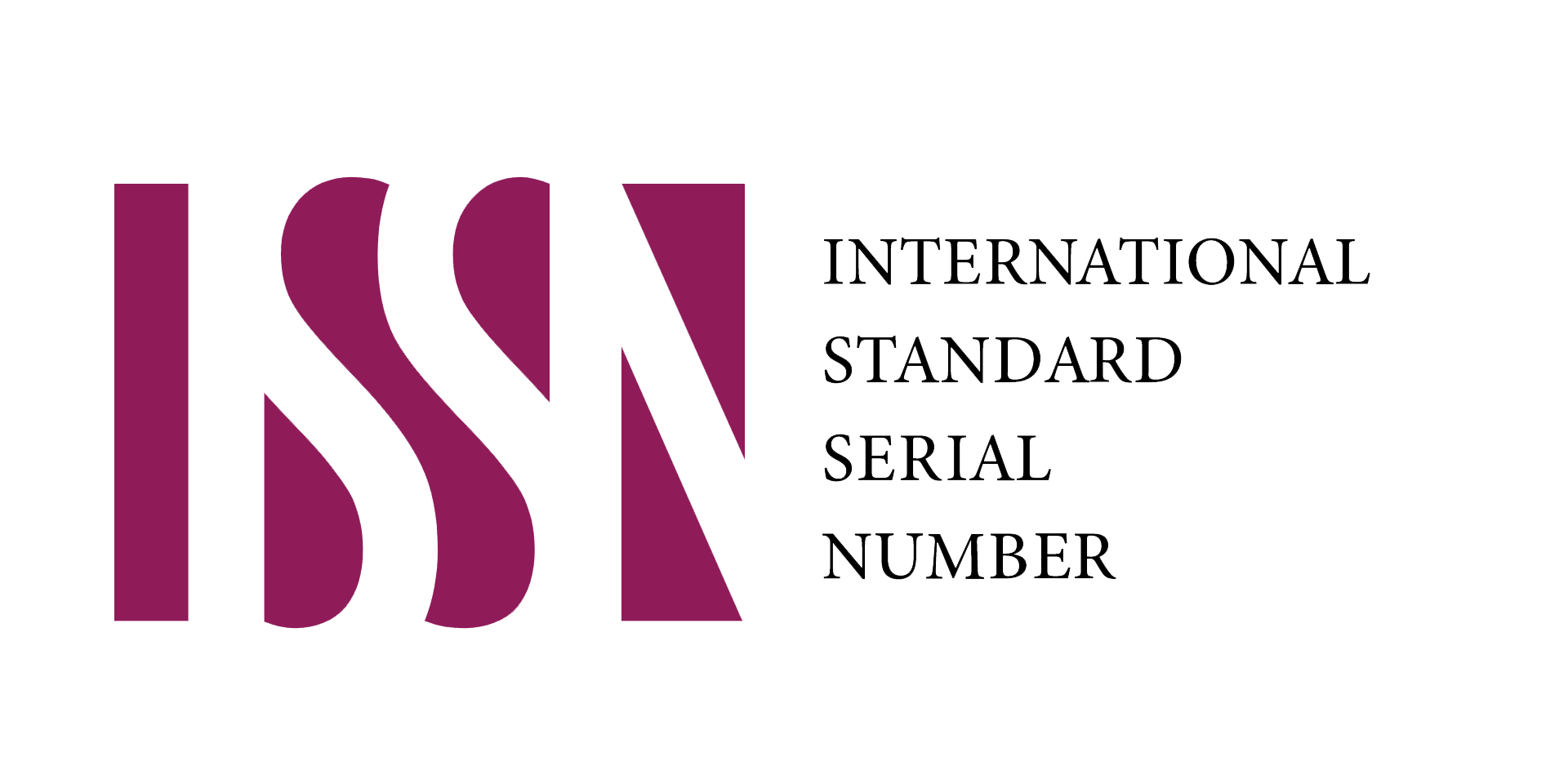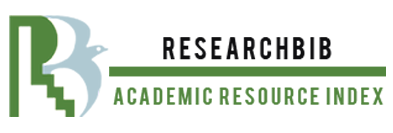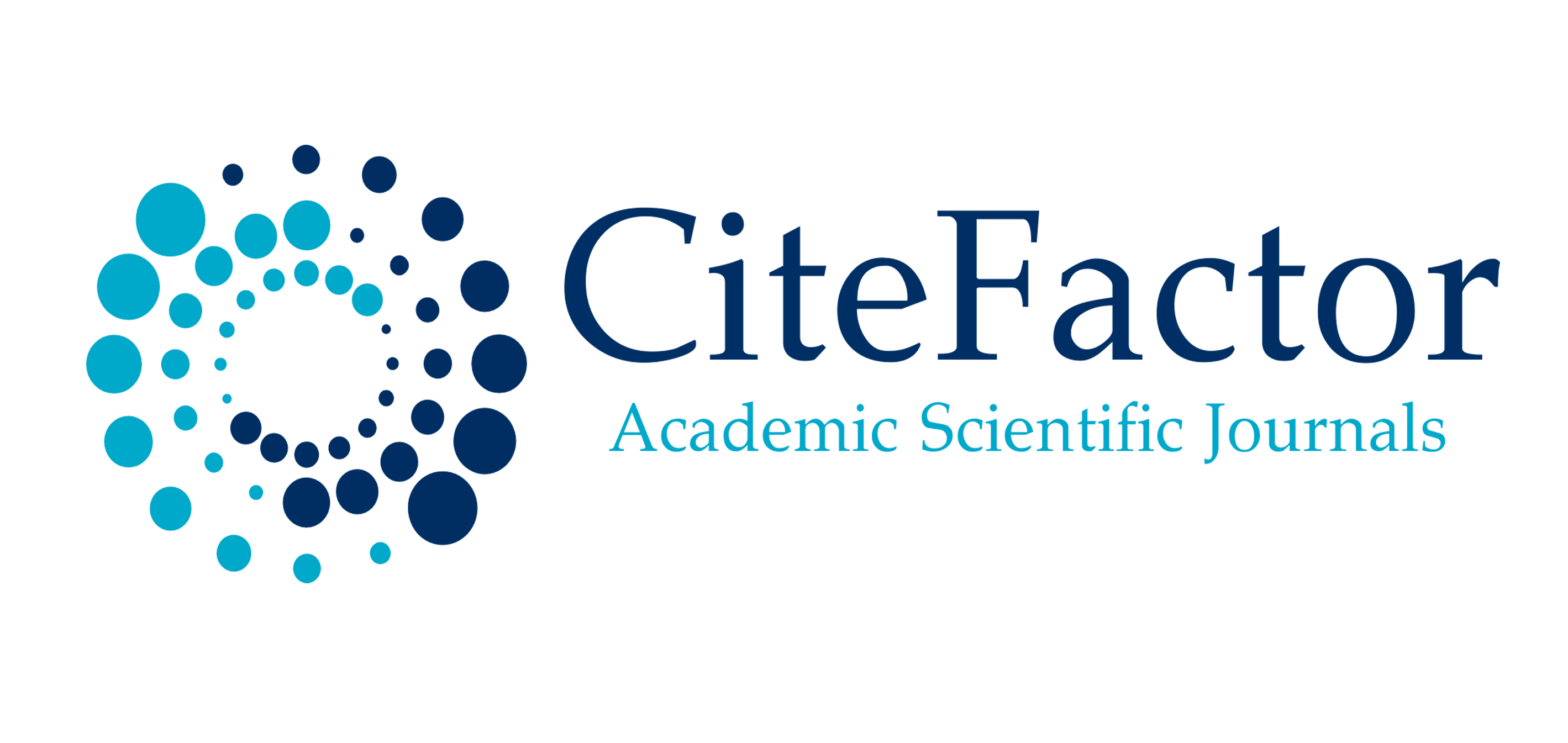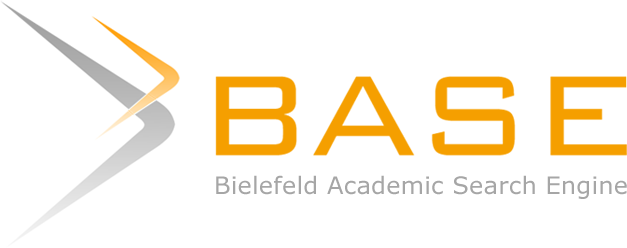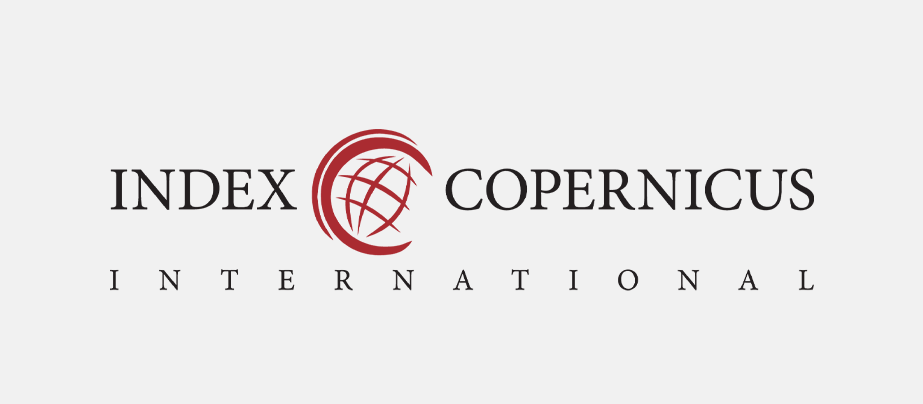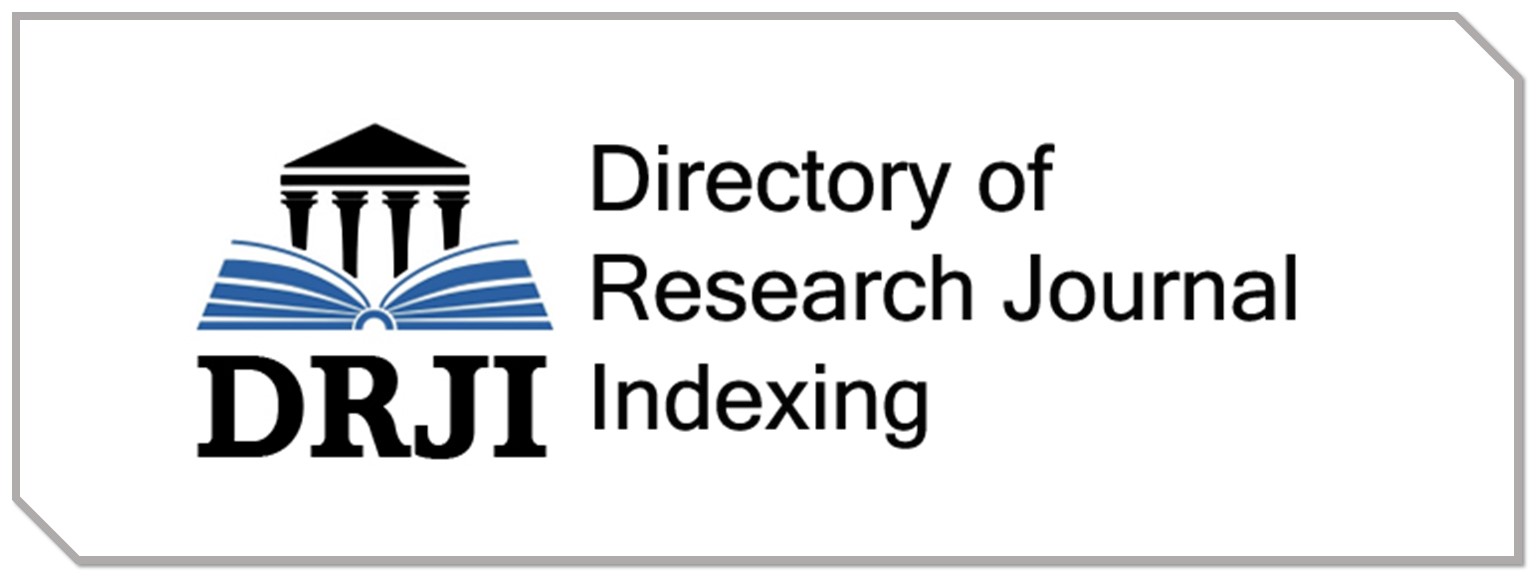Discourse Problems Uzbek Learners Face in Learning English Language
Keywords:
Discourse, interference, language 1, teaching, learning, foreign language, grammatical structureAbstract
Language is used as a means of communication to convey intentions, ideas, reflections, ideas and conclusions. Learning the language opens the doors to interaction between people and nations. Learning a foreign language leads to many mistakes, especially for those who are learning a new language. A learner of a new language consciously or unconsciously transfers information which is called communication in oral or written with the help of an already acquired language(s) into the new language. While conveying the message, they participate in discourse which is spoken or written communication between people, especially serious discussion of a particular subject. This type of action is termed discourse interference. Language interference can be positive or negative and can come from a native language, second language, or other foreign language. This article will discuss the errors of discursive intervention that Uzbek students have made in mastering the English language.

